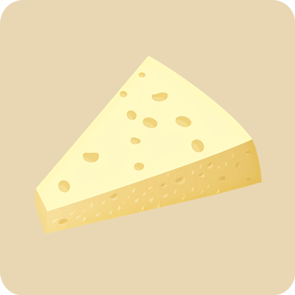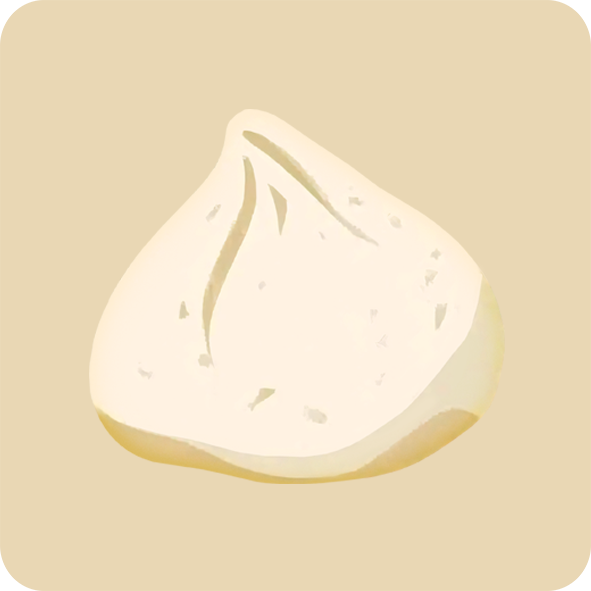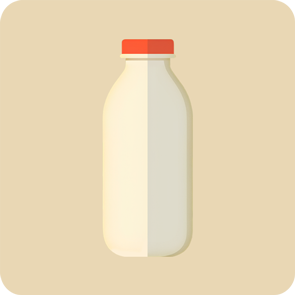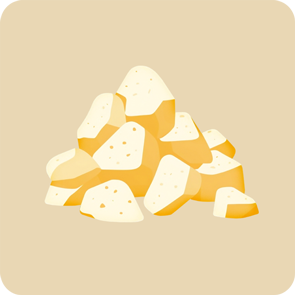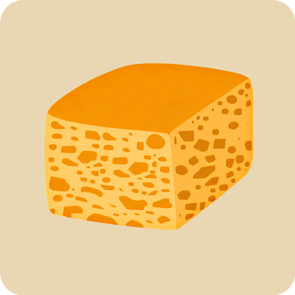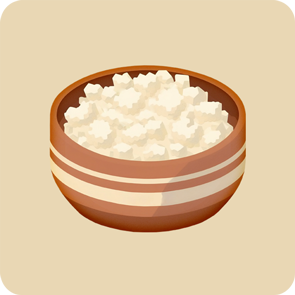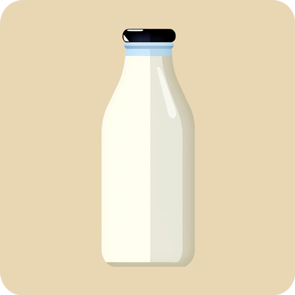Top Food Sources of Zinc ✓
Function: Enzyme function, immunity
(a transition metal)
Zinc is an essential trace mineral important for immune function, wound healing, DNA synthesis, and cell division. It's especially crucial during periods of growth and development and is found in a variety of animal and plant foods.
Supports Immune Function – Zinc helps activate white blood cells and other immune responses, making it essential for fighting infections and healing wounds.
Vital for Growth and Development – Critical during pregnancy, childhood, and adolescence, zinc supports normal growth and tissue formation.
Aids Wound Healing and Skin Health – Often used in creams for skin repair, zinc is vital for tissue regeneration and reducing inflammation.
Involved in DNA and Protein Synthesis – Zinc plays a key role in the creation of new cells and enzymes, supporting overall bodily function and repair.
Antioxidant Role – Acts as a cofactor for enzymes that protect against oxidative stress and cellular damage.
Influences Taste and Smell – Zinc is essential for maintaining taste and smell sensitivity; deficiency may dull these senses.
Moderately Affected by Cooking – Zinc is stable during cooking, but absorption can vary based on the food source.
Better Absorbed from Animal Foods – Animal sources like meat and seafood contain zinc in a more bioavailable form compared to plant sources.
Can Interfere with Copper Absorption – High zinc intake from supplements may inhibit copper absorption, so balance is important.
Stored in Small Amounts – The body doesn’t store much zinc, so regular intake through diet is necessary.

Oysters (Raw or Cooked)
The richest natural source of zinc, supporting immune and reproductive health.
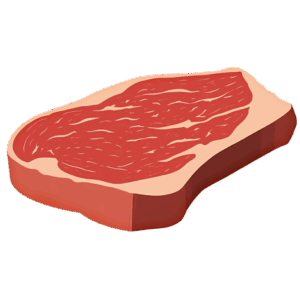
Beef (Steak, Ground)
High in bioavailable zinc, along with iron and protein.

Crab (Cooked)
Excellent source of zinc and other essential minerals.

Pork (Lean Cuts)
Provides a significant amount of zinc and complete protein.

Chicken (Dark Meat)
Moderate zinc source, especially in the thighs and drumsticks.

Pumpkin Seeds (Raw or Roasted)
One of the best plant-based zinc sources, especially for vegetarians.

Lentils (Cooked)
Contain zinc along with fiber and plant protein, though less bioavailable than meat sources.
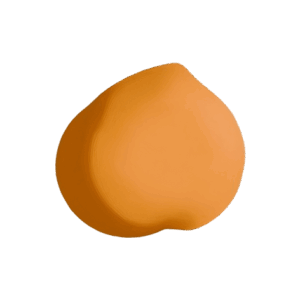
Chickpeas (Cooked or Roasted)
A good plant-based source of zinc and versatile in meals.
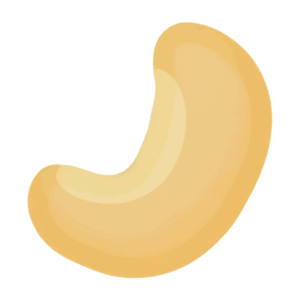
Cashews (Raw or Roasted)
Nutritious snack with zinc, healthy fats, and magnesium.

Yogurt (Plain, Greek)
Provides zinc, protein, and beneficial probiotics for gut health.
Explore the Food Groups
Mattis nibh odio sed urna. Turpis suspendisse ullamcorper malesuada







